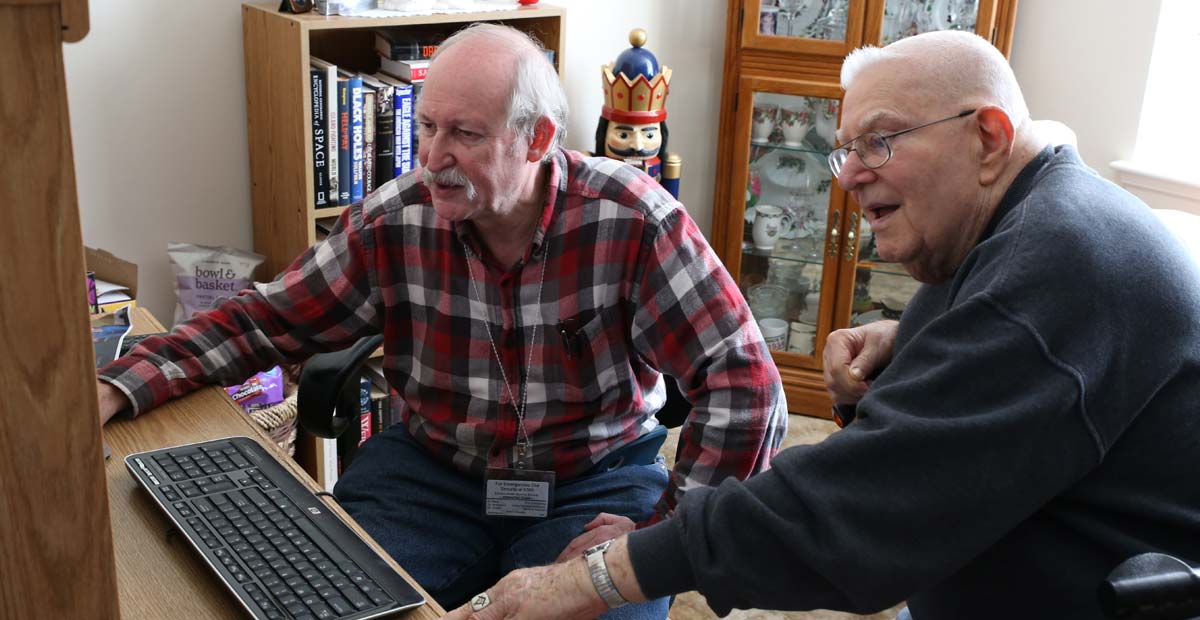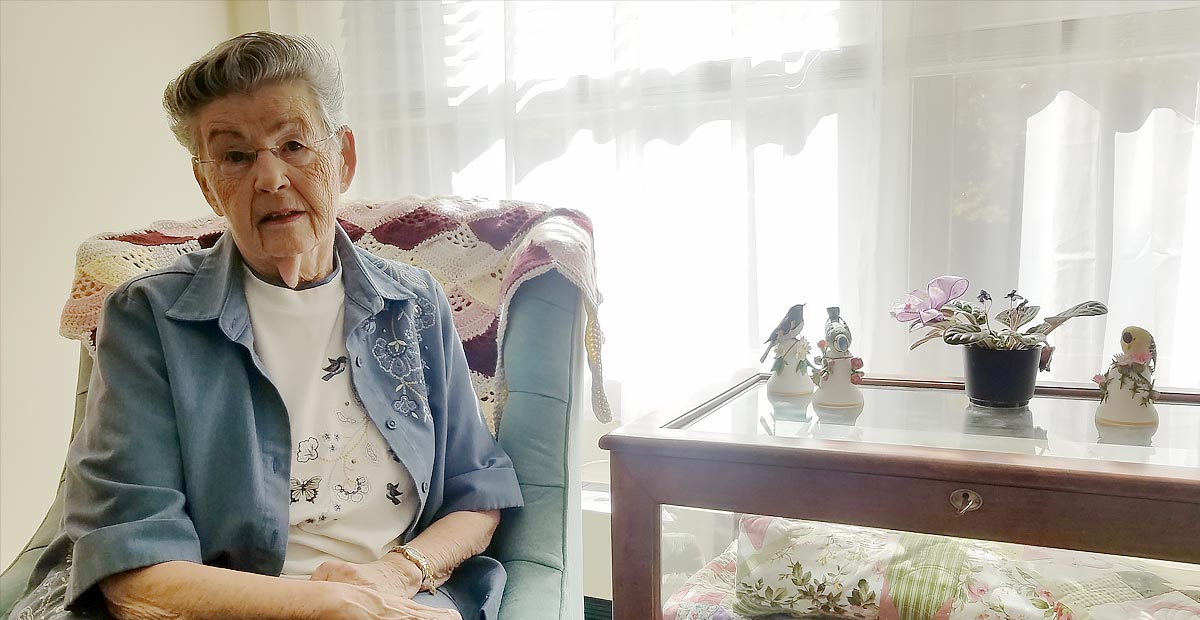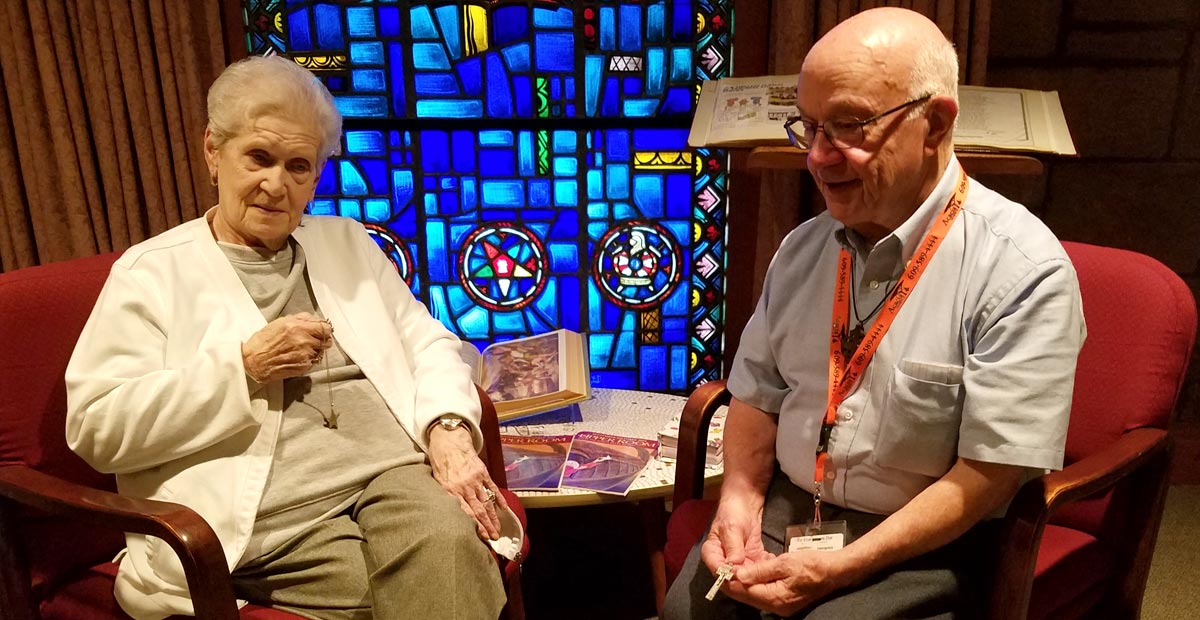Masonic Village at Burlington is proud to be a restraint and alarm-free community, as part of our mission to provide personalized, compassionate care and to promote the highest quality of life for our residents.
We do not utilize bed or chair alarms, or restraints such as vests, lap trays or bed side rails for residents at risk of falling, as they can actually be detrimental to our residents’ quality of life.
About 1,800 older adults living in long-term care facilities die each year from fall-related injuries, according to the Centers for Disease Control and Prevention (CDC). Years ago, there was a common misconception that restraints improved the safety of frail older adults. However, research shows restraints can be dangerous and often entail more risks than benefits.
Limiting a patient’s freedom to move around leads to muscle weakness and reduces physical function, thereby increasing the risk of falls. Many studies document the dangers of restraints and recommend more dignified methods to improve residents’ safety.
“We have two small enabler rails on the beds that people can use to grasp ahold of to pull themselves up or turn over, but we do not use full side rails or four-quarter side rails,” said Cindy Shemansky, assistant executive director/administrator at Masonic Village at Burlington. “People can seriously injure themselves when trying to get up through or around a side rail.”
The use of bed and chair alarms proliferated in the 1990s, when physical restraints were banned at nursing facilities nationwide. The alarms were intended to go off when a resident’s weight shifted, indicating they might be at risk for falling. But research shows alarms have a negative effect on the resident’s quality of life. They interrupt sleep and can cause agitation and restlessness.
“When we were using alarms, any tiny movement a person made, the alarm would go off,” Cindy said. “You have all this noise. It was annoying to the resident as the alarm would stay on until a team member responded. It also immobilized residents because they were afraid of moving as it would set off their alarm.”
Both alarms and restraints were phased out in 2016 as part of a nationwide movement in favor of more proactive, attentive care. Research today shows a reduction in falls at multiple long-term care communities that discontinued the use of the alarms. Instead, they tailored fall prevention for individuals by, for example, altering bathroom schedules, room re-arrangements and other measures, according to the CDC.
If your loved one is assessed to be at risk for falls, Masonic Village at Burlington will create an individualized plan of care with interventions aimed at helping reduce falls and injuries and provide peace of mind to residents and their families.








